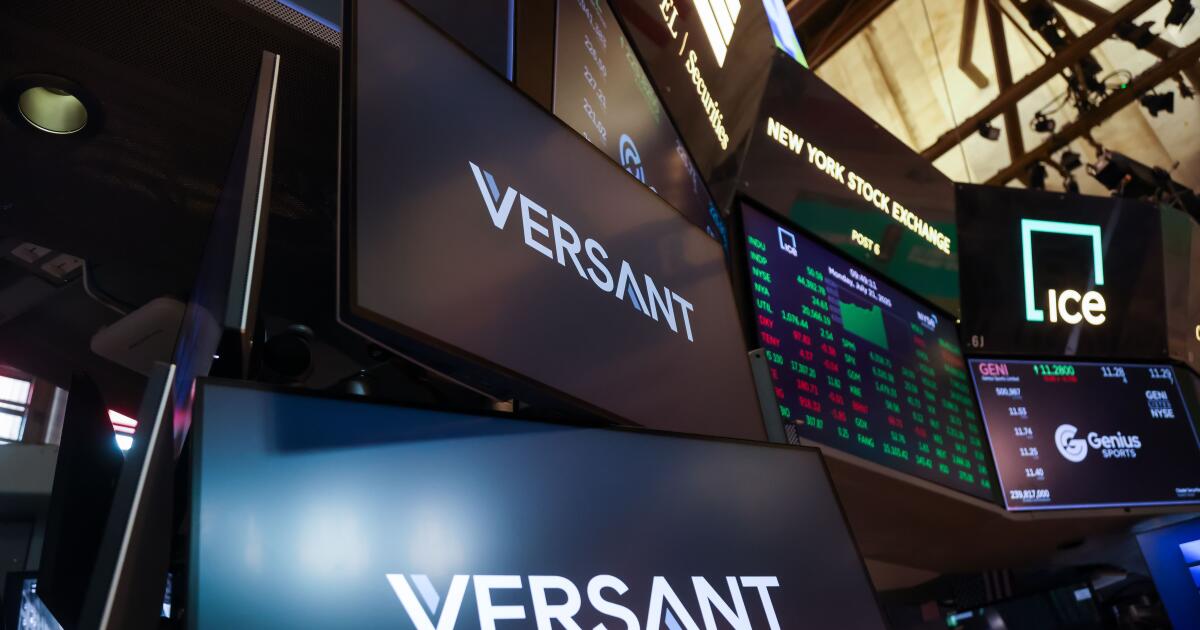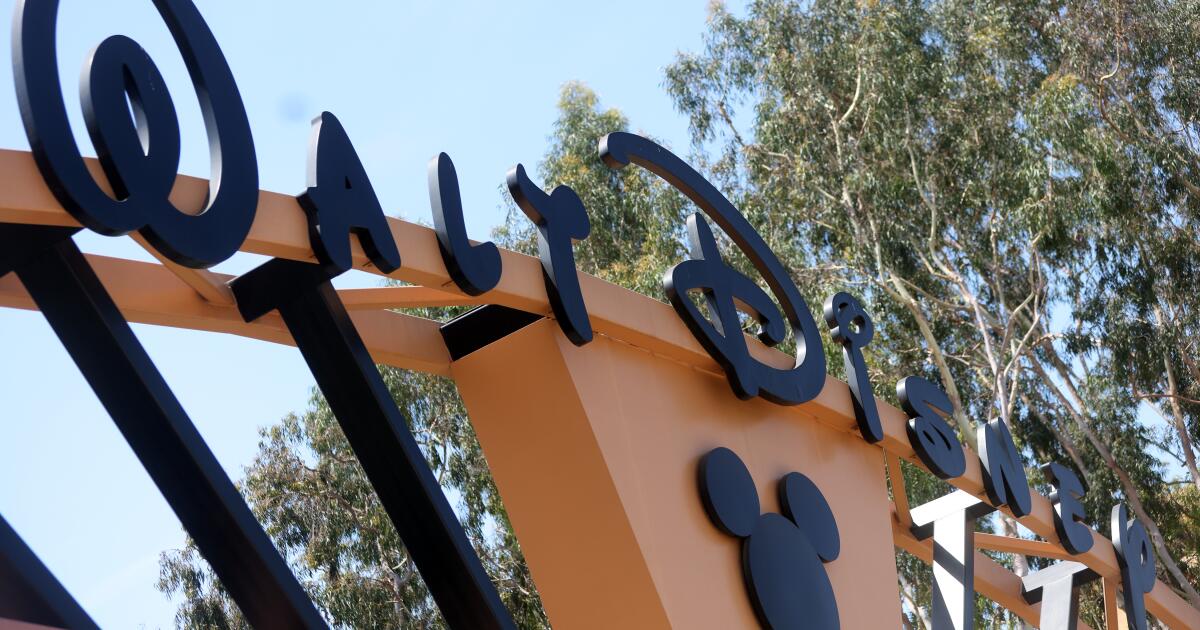Versant launches, Comcast spins off E!, CNBC and MS NOW
Comcast has officially spun off its cable channels, including CNBC and MS NOW, into a separate company, Versant Media Group.
The transaction was completed late Friday. On Monday, Versant took a major tumble in its stock market debut — providing a key test of investors’ willingness to hold onto legacy cable channels.
The initial outlook wasn’t pretty, providing awkward moments for CNBC anchors reporting the story.
Versant shares fell about 14% to about $40 a share around mid-day. The stock opened Monday on the Nasdaq at $45.17 per share.
Comcast opted to cast off the still-profitable cable channels, except for the perennially popular Bravo!, as Wall Street has soured on the business, which has been contracting amid a consumer shift to streaming.
Versant’s market performance will be closely watched as Warner Bros. Discovery attempts to separate its cable channels, including CNN, TBS and Food Network, from the Warner Bros. studios and HBO later this year. Warner Chief Executive David Zaslav’s plan, which is scheduled to occur this summer, is being contested by the Ellison family’s Paramount, which has launched a hostile bid for all of Warner Bros. Discovery.
Warner Bros. Discovery has agreed to sell itself to Netflix in an $82.7-billion deal.
The market’s distaste for cable channels has been playing out in recent years. Paramount found itself on the auction block two years ago, in part, because of the weight of its struggling cable channels, including Nickelodeon, Comedy Central and MTV.
Management of the New York-based Versant, including longtime NBCUniversal sports and television executive Mark Lazarus, has been bullish on the company’s balance sheet and its prospects for growth. Versant also includes USA Network, Golf Channel, Oxygen, E!, SYFY, Fandango, Rotten Tomatoes, GolfNow, GolfPass, and SportsEngine.
“As a standalone company, we enter the market with the scale, strategy and leadership to grow and evolve our business model,” Lazarus, who is Versant’s Chief Executive, said Monday in a statement.
Through the spinoff, Comcast shareholders received one share of Versant Class A common stock or Versant Class B common stock for every 25 shares of Comcast Class A common stock or Comcast Class B common stock, respectively. The Versant shares were distributed after the close of Comcast trading on Friday.
Comcast gained about 3% on Monday, trading at about $28.50.
Comcast Chairman Brian Roberts maintains Versant’s controlling shares.

